The Boundaries of Natural Science
8 lectures, Dornach, Sep – Oct, 1920 (CW 322)
“We must begin by acquiring the discipline that modern science can teach us. We must school ourselves in this way and then, taking the strict methodology, the scientific discipline we have learned from modern natural science, transcend it, so that we use the same exacting approach to rise into higher regions, thereby extending this methodology to the investigation of entirely different realms as well.” —Rudolf Steiner
If only sensory phenomena are within the reach of scientific research, the doors are closed to those worlds from which the human being originates and where the creative forces of the world are found. Rudolf Steiner challenges us to develop organs of perception needed to go beyond these limits of perception, so that we can witness the spirit that is active in all natural phenomena.
This volume is a translation from Geman of Grenzen der Naturerkenntnis (GA 322).
About the Author
Rudolf Steiner (1861–1925) was born in the small village of Kraljevec, Austro-Hungarian Empire (now in Croatia), where he grew up (see right). As a young man, he lived in Weimar and Berlin, where he became a well-published scientific, literary, and philosophical scholar, known especially for his work with Goethe’s scientific writings. At the beginning of the twentieth century, he began to develop his early philosophical principles into an approach to systematic research into psychological and spiritual phenomena. Formally beginning his spiritual teaching career under the auspices of the Theosophical Society, Steiner came to use the term Anthroposophy (and spiritual science) for his philosophy, spiritual research, and findings. The influence of Steiner’s multifaceted genius has led to innovative and holistic approaches in medicine, various therapies, philosophy, religious renewal, Waldorf education, education for special needs, threefold economics, biodynamic agriculture, Goethean science, architecture, and the arts of drama, speech, and eurythmy. In 1924, Rudolf Steiner founded the General Anthroposophical Society, which today has branches throughout the world. He died in Dornach, Switzerland.
Saul Bellow (1915–2005) was born Solomon Bellows; (1915–2005) in Lachine, Quebec, two years after his parents, Lescha (née Gordin) and Abraham Bellows, emigrated from Saint Petersburg, Russia. When Bellow was nine, his family moved to the West Side of Chicago, the city that formed the backdrop of many of his novels. Jewish life and identity is a major theme in Bellow’s work, although he bristled at being called a “Jewish writer.” Bellow’s work also shows a great appreciation of America, and a fascination with the uniqueness and vibrancy of the American experience.For his literary work, Bellow was awarded the Pulitzer Prize, the Nobel Prize for Literature, and the National Medal of Arts. He is the only writer to win the National Book Award for Fiction three times, and he received the National Book Foundation’s lifetime Medal for Distinguished Contribution to American Letters in 1990. His many popular novels include Humboldt’s Gift, in which is a brief reference to Anthroposophy. Bellow’s interest in Rudolf Steiner’s work is not widely recognized, and he did not emphasize his interest publicly.

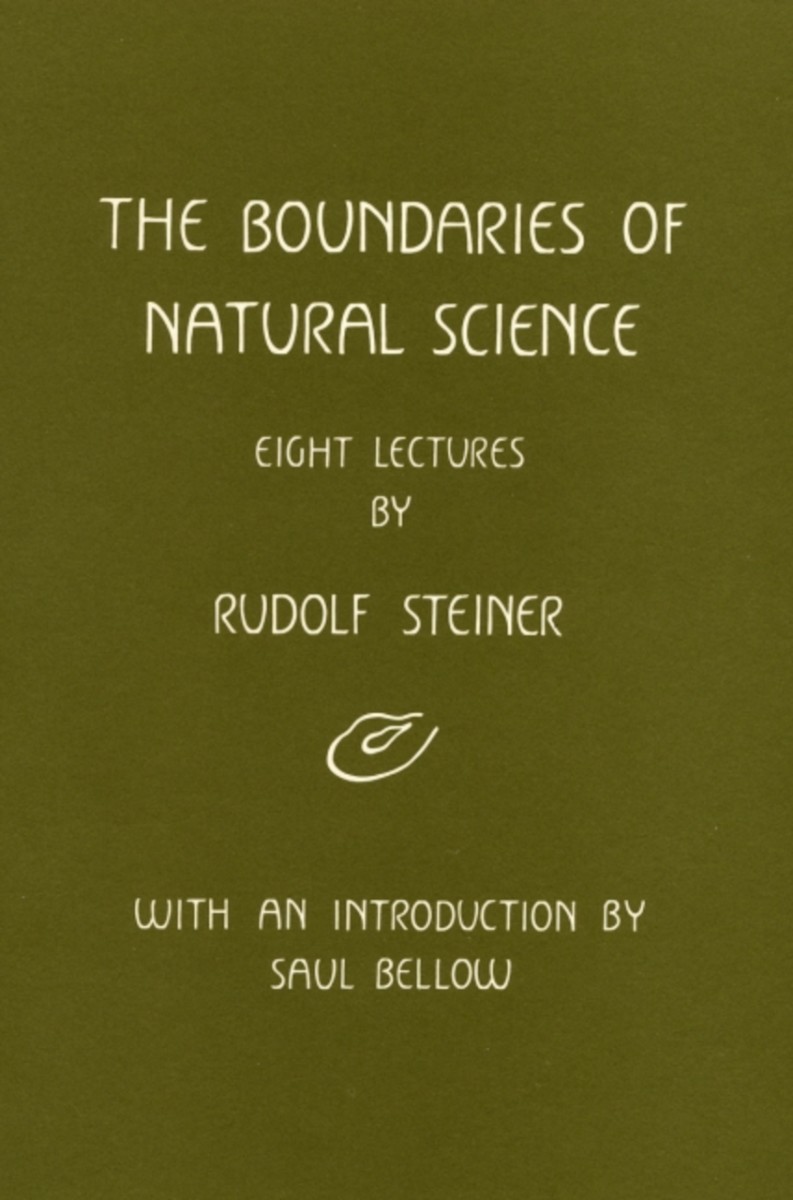
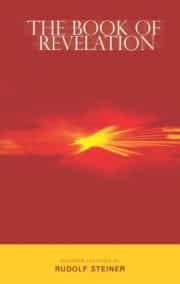


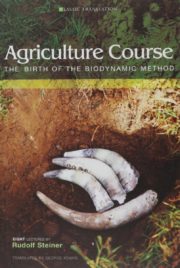
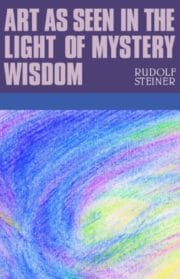
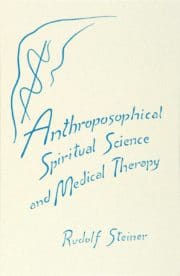
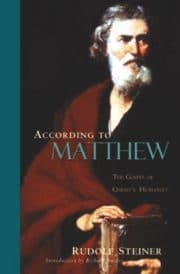



Reviews
There are no reviews yet